The Illegal Migration Bill is having a distorting effect on the Tory party. It has put Theresa May and Iain Duncan Smith together on the side of liberal opinion – and Ken Clarke on the side of the Prime Minister.
This week, May and Duncan Smith sought to stop the government from overturning a Lords amendment which would prevent the deportation of those claiming to be victims of people-trafficking.
Rishi Sunak thinks that loopholes in the law have been exploited by people-traffickers. May and Duncan Smith disagree. It fell to Clarke, a fierce critic of the government since Brexit, to challenge the plan’s opponents to come up with a better way of addressing the illegal migration problem.
Clarke has a good point. Sunak’s pledge to ‘stop the boats’ is based on reasonable logic. The human trafficking industry charges between £2,000 and £15,000 for passage to Britain. The traffickers’ business model is based on the currently safe assumption that once migrants arrive onshore, there is little realistic prospect of their deportation. The government believes that high-profile deportations to Rwanda would shake this confidence and torpedo the model. Critics say it is inhumane. But is it not crueller to incentivise a criminal industry that exploits vulnerable people and often drowns them in the sea?
Any Tory hopes of a political recovery rest on Sunak’s ability to ‘stop the boats’, one of the five pledges he made in January. A sceptical country may wonder whether, after the debacle of last year, the Tories are still capable of accomplishing anything. Are they calm, hardworking and competent – the image Sunak seeks to project? Or are they a feuding rabble, prone to ganging up on each other and staging hissy-fit resignations over not getting into the House of Lords?
As former party leaders, May and Duncan Smith know how feuding fatally weakens the authority of a prime minister and a party. Both claim part-authorship of the modern slavery law, which this magazine vigorously supported. But both should recognise laws should be judged by their outcomes – and if a law is open to abuse, it needs to be reformed. Doing nothing, as Clarke says, will cement Britain’s reputation as a country that is especially easy to enter illegally. That has serious consequences for social cohesion in Britain.
It is very easy to be high-minded about refugees and asylum, and to earn virtue points by damning the government’s plans. But it is a luxury which can only be afforded by those who do not bear the responsibility for managing public services or the public finances. Government ministers – who do bear this responsibility – are well aware that the number of people who could potentially take advantage of a soft migration policy is virtually limitless. They come now because the third world is increasing in wealth – people have money to pay for this expensive but dangerous journey. How should a civilised country respond?
Sunak’s proposal is the only viable answer. Australia proved that the concept works: deportations destroy the people-trafficking business model. Britain’s deal to send Albanians home saw a 99 per cent decline in their numbers arriving via small boats. The difficulty is that a solution to this modern problem rams up against laws designed for the last century. The 1951 Refugee Convention was intended to avoid a repeat of the 1930s when genuine refugees were turned away with fateful consequences.
Across Europe, we see the tension. Mark Rutte, the long-serving prime minister of the Netherlands, has just tendered his resignation after failing to get new refugee laws through parliament. The Danish never used their deal with Rwanda, perhaps fearing the response from Strasbourg courts. Voters are demanding that governments take action on illegal migration, but politicians seem incapable of implementing reforms that might work. A fundamental rethink is required.
The public’s resistance to unregulated immigration is not rooted in xenophobia. It is about fairness. One of the reasons there has been so much support in Britain for Ukrainian refugees is that they are predominantly women and children, while the men stay behind to fight for the survival of their country. Afghans and Hong Kong Chinese have been welcomed in large numbers. What irks British voters is the blatant and too often unchecked abuse of immigration laws.
As a rich country, Britain has a duty to help the world’s displaced people. According to the UN Refugee Agency UNHCR, more than half the Syrians who have had to leave their homes have not even left Syria itself – there are 15 million people out of a population of 22 million who require humanitarian help. That is where British aid efforts need to be focused: on dealing with humanitarian disasters as close to their origin as possible. That is how the greatest number of people can be helped – in getting food and setting up accommodation where it is most needed, rather than by waiting for people to arrive by dinghy on the Kent coast and then putting them up in hotels.
The government’s twin-pronged approach – improving our disaster response for refugees, bearing down on illegal immigration by economic migrants – is decent and rational. Anybody who disagrees should, as Ken Clarke suggests, come up with a better idea.
Got something to add? Join the discussion and comment below.
Get 10 issues for just $10
Subscribe to The Spectator Australia today for the next 10 magazine issues, plus full online access, for just $10.
You might disagree with half of it, but you’ll enjoy reading all of it. Try your first month for free, then just $2 a week for the remainder of your first year.

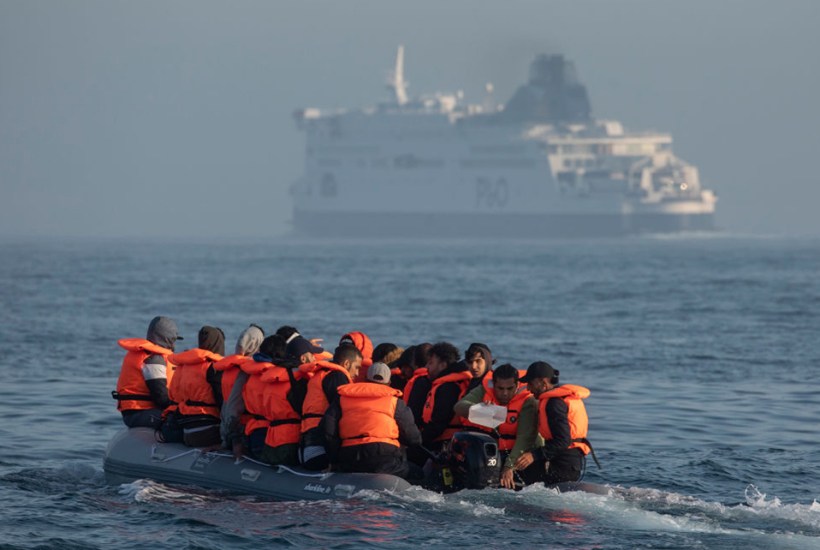
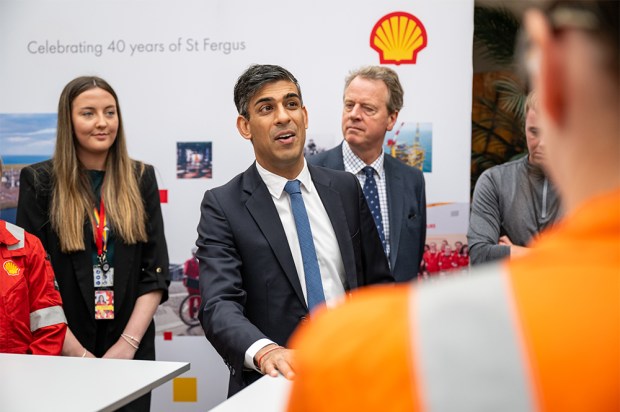
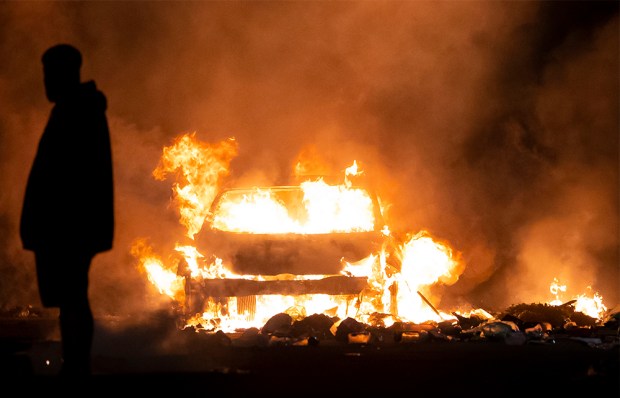

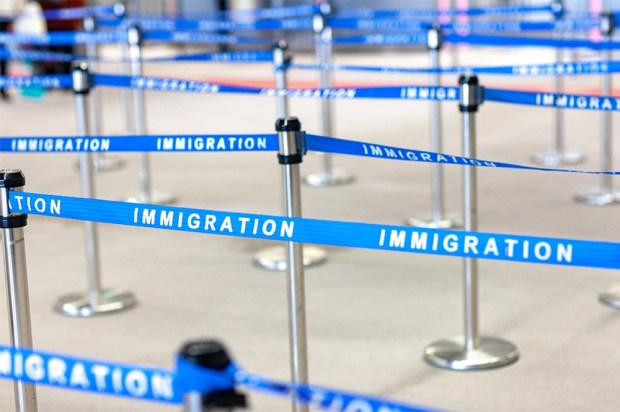
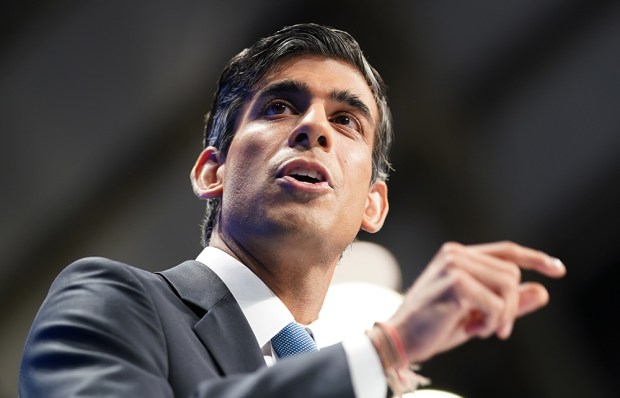







Comments
Don't miss out
Join the conversation with other Spectator Australia readers. Subscribe to leave a comment.
SUBSCRIBEAlready a subscriber? Log in